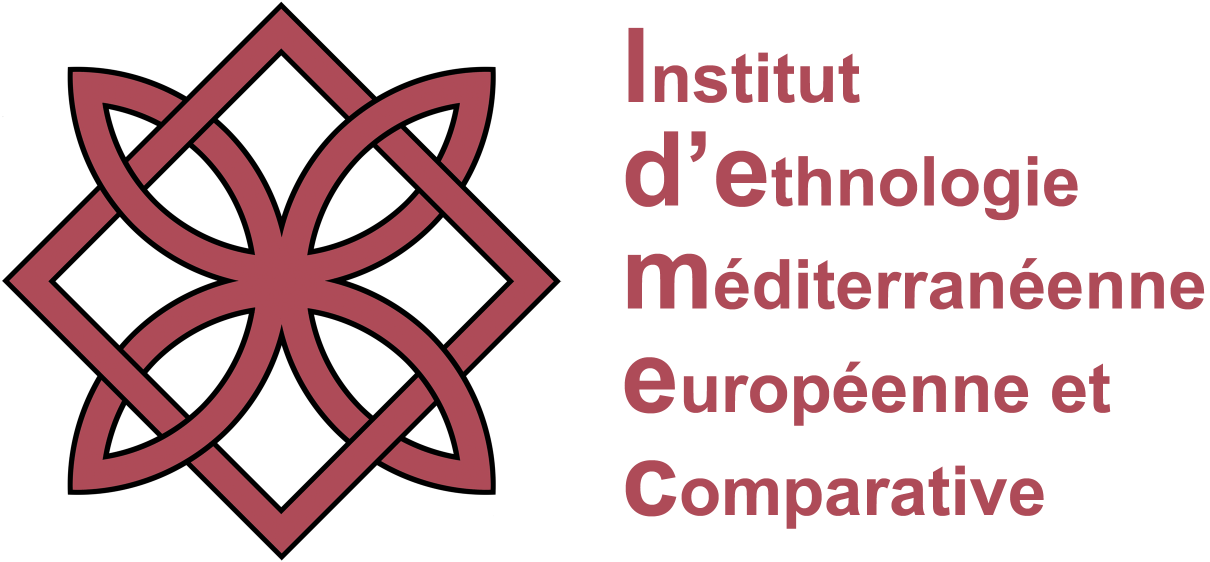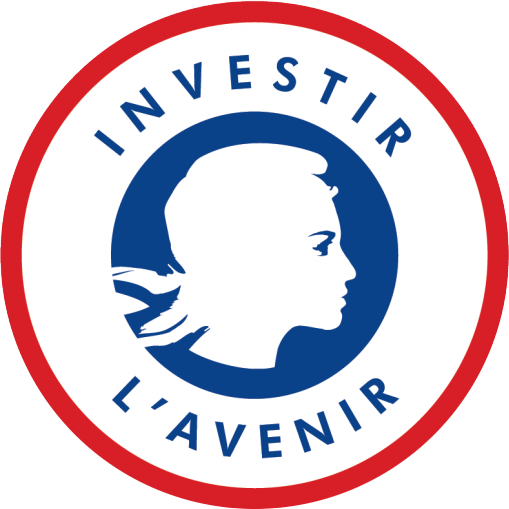MUSEO-POLIS. A Permanent Seminar on History, Memory and Museums
Explore the museum, its origins, and its development in the field of history and memory. Understand how the museum has adaptated to European political systems from the 16th to 21st centuries.
← Back to courses- CIVIS focus area
- Society, culture, heritage
- Open to
-
- Bachelor's
- Master's
- Phd
- Field of studies
-
- Art, Design and Media
- Social Science and humanities
- Tipo
-
- CIVIS Hub 2
- Course dates
- December 2021 - May 2022
This course aims to offer different ways of approaching the institutional, social and cultural figure of the museum as a means of understanding the politics of history and memory in Europe, mainly in the Mediterranean area between the 16th and 21st centuries. Symbolic capital, political capital, economic capital and cultural capital participate in the construction and development of the museum as an institution: all these logics will be articulated in 8 monthly webinars (2 hours). The articulation of the course is designed to open up to a wide network of teachers and students, favouring the dissemination of knowledge and multilingualism.
Main topics addressed
- The museum as fabrication of a heritage status in European societies.
- Patrimonialisation, transmission and creation of political cultures and identities.
- Evolution of history and memory from the Ancien Régime to the contemporary crisis of the egalitarian/democratic model of heritage and culture.
Learning outcomes
By studying the normative operations, theoretical discourses and institutional practices that contribute to the fabrication of a heritage status (associate to the museum), this virtual course will allow CIVIS students to analyse the patrimonialisation that projects, transmits and creates an embodiment of national sovereignty, collective identities and ways of sharing culture. The evolution of the paradigms of values associated with heritage actualises in different ways a general relationship with the past and the "memorabilia", which can be analysed as many strategies of global rewriting of history by certain communities. This approach to the phenomenon of heritage in diachrony may, for example, take into account the conception of heritage as a treasure of sovereignty in the early modern age, and then the advent of heritage as a repository of the citizenship values of the 19th century nation state, or, finally, the emergence and the contemporary crisis of the democratic model and its egalitarian sharing of heritage and culture.





![]()

![]()
| Dates: December 2021- May 2022 | Language: English, French, Italian and Spanish |
| Duration of the course: 8 webinars of 2 hours | Format: Virtual |
| Weekly study: 2h | ECTS offered: 1* |
This CIVIS course is organised in 8 monthly webinars (2 hours), scheduled on the following dates:
- 13 December 2021: Museum and Migrations
- 17 January 2022: Museum and National History
- 21 February 2022: Museum, Citizenship, Community
- 14 March 2022: Museum and Religion
- 4 April 2022: Museum, Memory and Democracy (I)
- 25 April 2022: Museum, Memory and Democracy (II)
- 16 May 2022: Museum and Knowledge (I)
- 30 May 2022: Museum and Knowledge (II)
*Recognition of ECTS depends on your home university.
Requirements
This short term course is open to Bachelor's, Master and PhD students at the nine CIVIS member universities and from other universities or academic institutions not linked with the CIVIS Alliance, studying and/or interested in the following fields:
- History
- Art History
- Law
- Philosophy
- Anthropology
- Sociology
- Political Science
A C1 level of at least one of the following languages is required: English, French, Italian and Spanish.
Application process
Applicants should send their CV and a cover letter (maximum 500 words) by 30 November 2021 to roberto.quiros@uam.es.
Assessment
The assessment will be based on a critical essay about the main topics from the conferences and debates of MUSEO-POLIS. Students will be allowed to write the papers in the four languages of understanding (English, French, Italian or Spanish).
GDPR Consent
The CIVIS alliance and its member universities will treat the information you provide with respect. Please refer to our privacy policy for more information on our privacy practices. By applying to this course you agree that we may process your information in accordance with these terms.
Coordinators
Roberto Quirós Rosado
Roberto Quirós Rosado is Assistant Professor at the Universidad Autónoma de Madrid. His topics of research focus on the political construction of the Habsburg Monarchy in Europe and America during the Early Eighteenth Century, and the projection of the Spanish historiography on Rome and Medieval Age during the Early Modern period.
Nicolas Morales
Nicolas Morales is Associate Professor at Aix-Marseille Université and Executive Director of A*MIDEX Foundation. His research has focused on the Early Modern and Contemporary periods around the institutional and social history of the emergence of the figure of the artist in Europe, and the strategies and challenges of Museum policies in post-transition Spain.
Elena Valeri
Elena Valeri is Associate Professor at Sapienza University in Rome. She is interested in political and cultural history between the 15th and 17th centuries, mainly in the historical writing by humanists, as a privileged vantage point from which to analyse and represent the political crisis of the sixteenth century, and the cultural role of inquisitor-historians of the early modern period.
Team members
Universidad Autónoma de Madrid
- Antonio Álvarez-Ossorio
- Laura Beck
- Cristina Bravo
- Manuel Burón
- Jesús Carrillo
- Jesús de Felipe
- Jesús Izquierdo
- Irene Martín
- Santiago Palacios
- Margarita Eva Rodríguez
- Eduardo Zazo
Aix-Marseille Université
- Eleonora Canepari
- Stéphanie Dechézelles
- Agnès Delage
- Sylvia Girel
- Thomas Glesener
- Cyril Isnart
- Alina Maggiore
- Stéphane Mourlane
- Severiano Rojo
- Pierre Sintès
Sapienza Università di Roma
- Irene Baldriga
- Serena Di Nepi
- Federica Favino
- Paola Volpini
